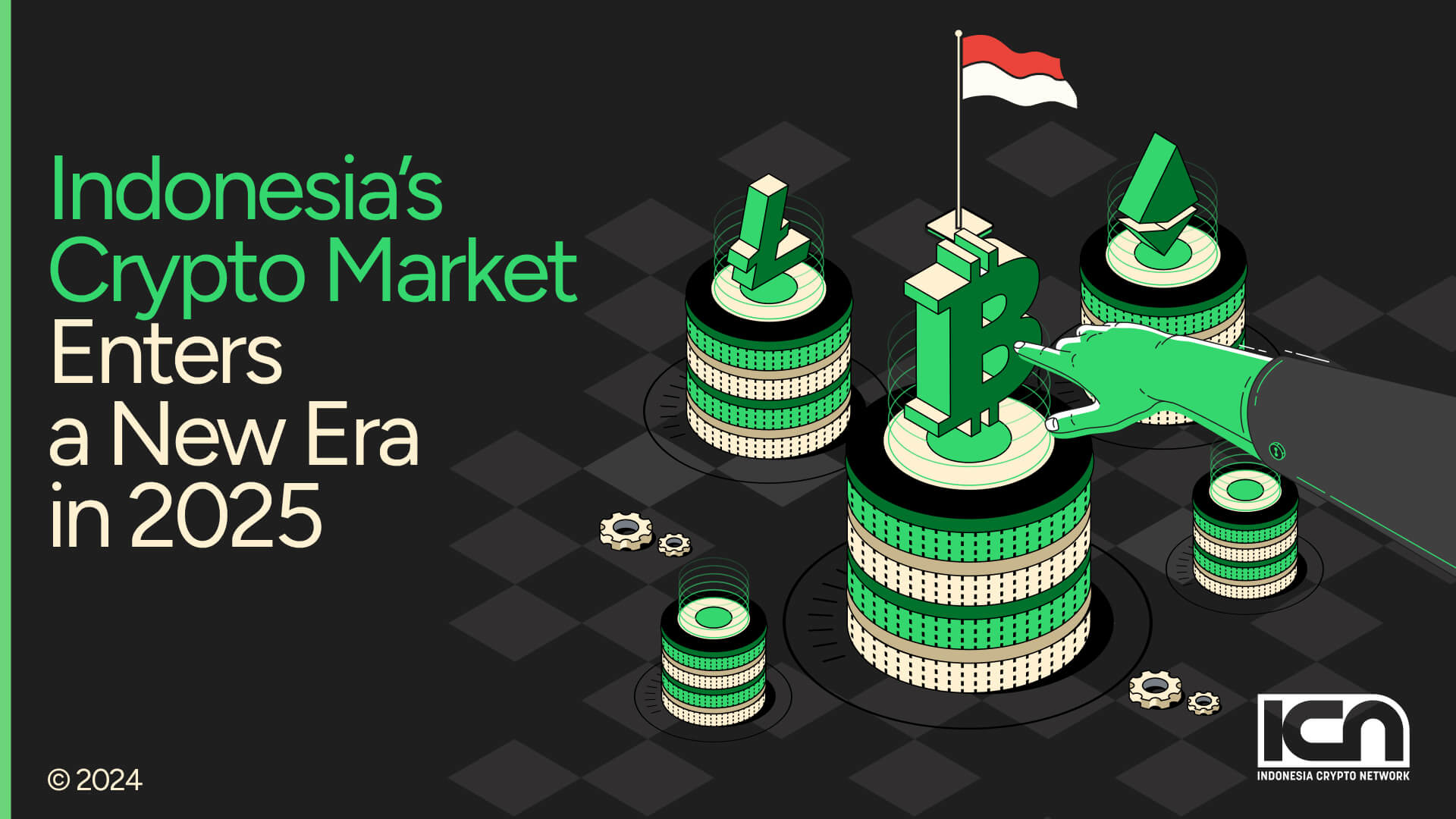Starting January 12, 2025, Indonesia’s cryptocurrency market will transition to a new regulatory regime, with oversight shifting from the Commodity Futures Trading Regulatory Agency (Bappebti) to the Financial Services Authority (OJK). This move, part of the Financial Sector Development and Strengthening Law (UU PPSK), is expected to bring significant changes to how the crypto industry operates in Indonesia.
Read more: OJK launches SPRINT App: A Game-Changer for Indonesian Crypto Market
The decision to transfer oversight to OJK also underscores Indonesia’s commitment to strengthening regulatory frameworks in its rapidly growing cryptocurrency sector. With crypto adoption soaring in Indonesia—ranking third globally according to the Chainalysis 2024 Crypto Adoption Index—the new regulatory environment aims to address pressing issues such as consumer protection, fraud prevention, and market stability.
Key Features of the New Oversight
- Roadmap for Crypto Asset Development: OJK has launched a crypto asset roadmap, outlining steps to integrate crypto into Indonesia’s financial ecosystem. It includes collaboration with financial institutions, clear guidelines for businesses, and public education on regulations and opportunities.
- Initiatives to Facilitate the Transition:To prepare for overseeing digital financial and crypto assets, OJK has launched initiatives such as stakeholder consultations, internal capacity building, and establishing a task force to address crypto sector challenges.
- Clear Framework for Crypto Market Participants: Establishing a clear and detailed regulatory framework for all crypto market participants, including exchanges, wallet providers, and other service providers. This framework aims to streamline operations and ensure compliance with Indonesia’s financial regulations.
- Regulatory Sandbox: OJK will introduce a regulatory sandbox. This initiative allows for testing new crypto products and services in a controlled environment before they are fully launched in the market.
- Reporting Information System: OJK plans to implement a real-time reporting information system to monitor crypto transactions. This system will enhance transparency and accountability, enabling regulators to track market activities effectively and address potential misconduct.
- Focus on Compliance: Market participants will be required to meet stricter compliance standards, including anti-money laundering (AML) and counter-terrorism financing (CTF) measures. These steps align with global best practices and aim to build trust in the Indonesian crypto market.
Read more: Crypto Exchange Licensing in Indonesia: Regulations and Requirements
What Does This Mean and Why Does It Matter?
This regulatory shift is a double-edged sword for industry players. While stricter compliance requirements may increase operational costs, they also promise a more stable and secure market. For global and local crypto companies, the changes present an opportunity to tap into Indonesia’s burgeoning market with greater predictability and investor confidence.
With Indonesia’s crypto user base projected to reach 25 million by 2025, the potential for growth is immense. OJK’s oversight aims to create a safer and more structured environment, setting the stage for long-term market development.
Read more: Indonesia’s Crypto Surge: 352% Growth and Rp475 Trillion in Transactions for 2024
Conclusion
The shift to OJK oversight marks a turning point for Indonesia’s crypto industry. For companies aiming to navigate this transition and seize Indonesia’s market potential, staying informed and proactive is essential. Curious about the future of Web3 in Indonesia? Read our 2024 Web3 Report to uncover insights into the evolving crypto landscape and opportunities ahead.




